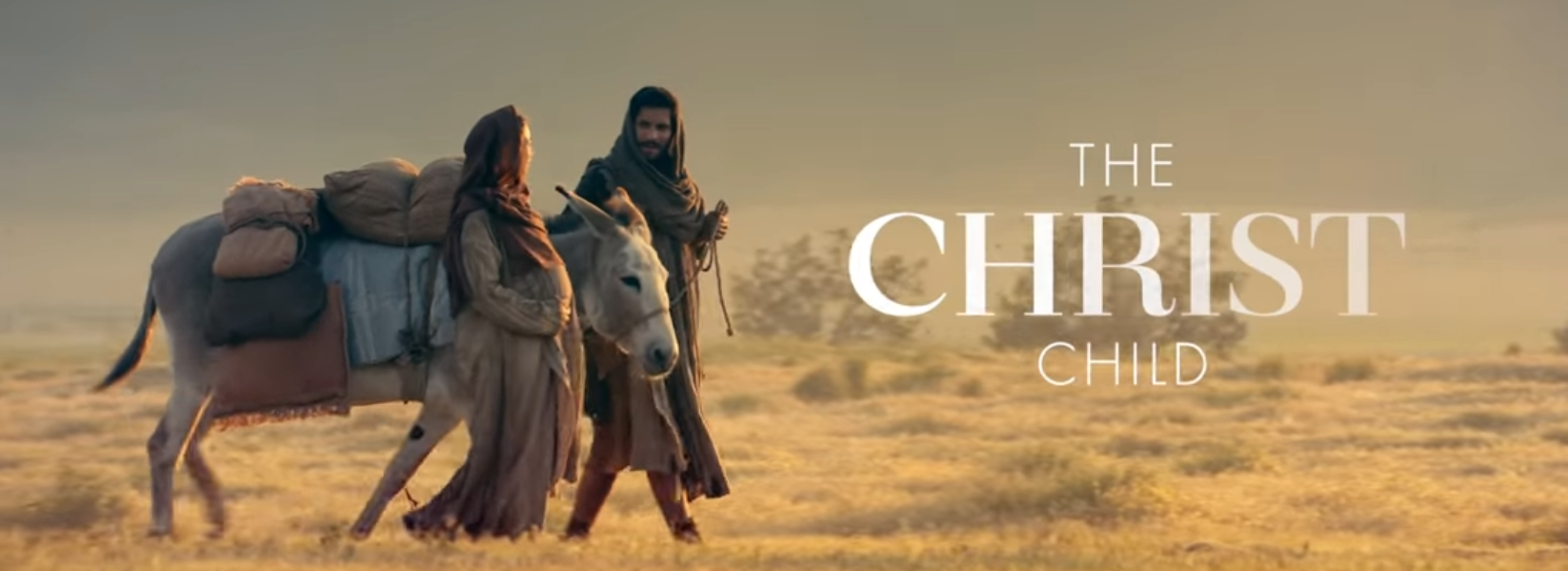一一三 自 然
一位演说家口沫横飞地向人们解释:当前世界只需要由庞大的军备经费中拨出极小的一部分,就能解决所有人类的生活问题。
弟子们听了这番演说后的第一个反应就是:「人类怎么会变得如此愚蠢?」
大师面色凝重地说:「因为人们学会了读白纸黑字,而失去了阅读无字天书的艺术。」
「什么是无字天书,请给我们一个实例。」
但大师不给实例。
一天,大师终于拗不过他们的追问,便说:「鸟鸣虫噪都在宣告真理;花红草绿,都在为我们指示人生之道:好好地听,好好地看,这才是真正的学习之道。」
NATURE
A lecturer explained how a fraction of the enormous sums spent on arms in the
modem world would solve all the material problems of every member of the human race.
The inevitable reaction of the disciples after the lecture was, “But why are human
beings so stupid?”
“Because,” said the Master solemnly, “people have learnt to read printed books. They
have forgotten the art of reading unprinted ones.”
“Give us an example of an unprinted book.” But the Master wouldn’t give one.
One day in response to their persistence, he said: “The songs of birds, the sounds of
insects are all trumpeting forth the Truth. The grasses and the flowers are all pointing out
the Way. Listen! Look! That is the way to read!”
